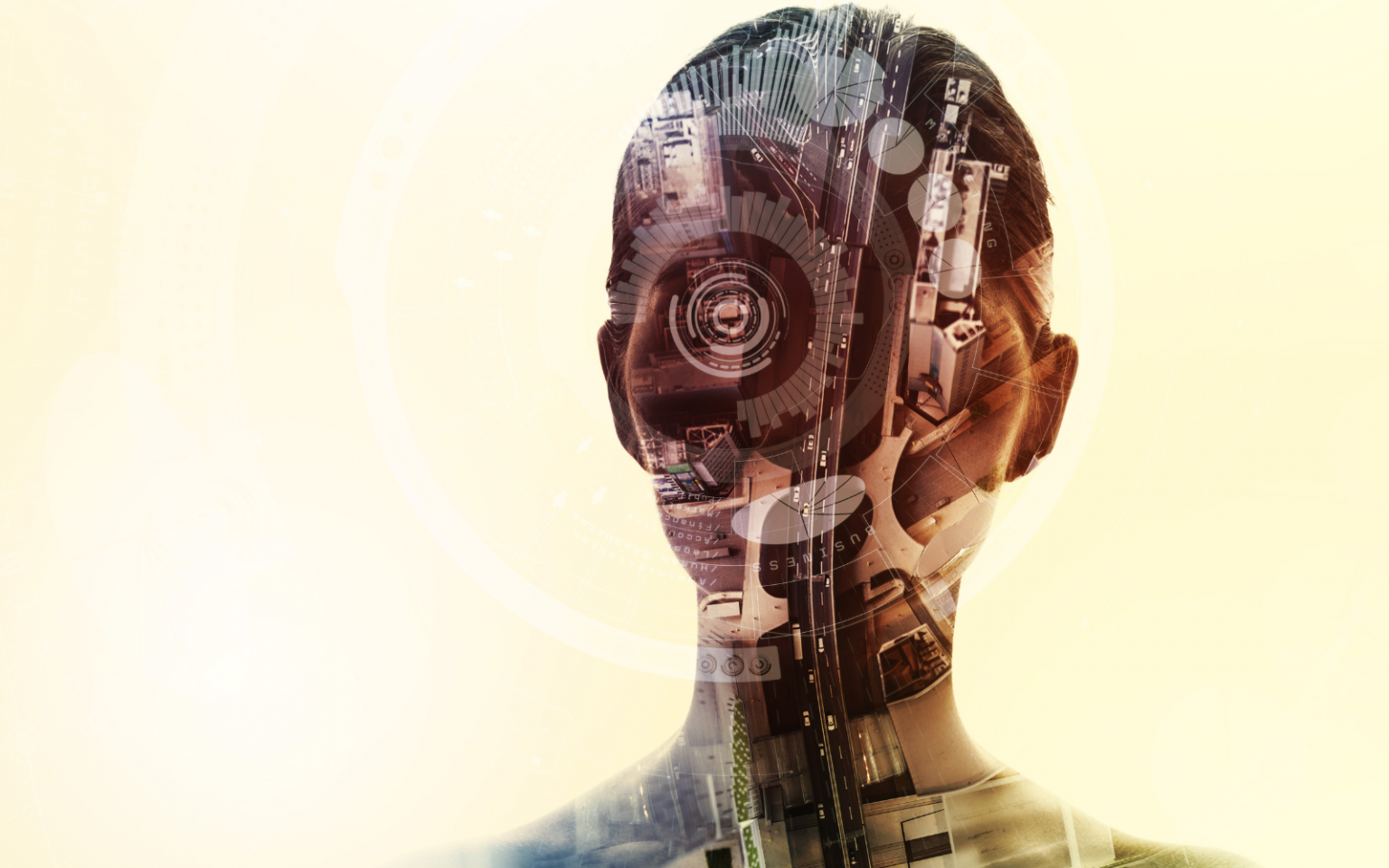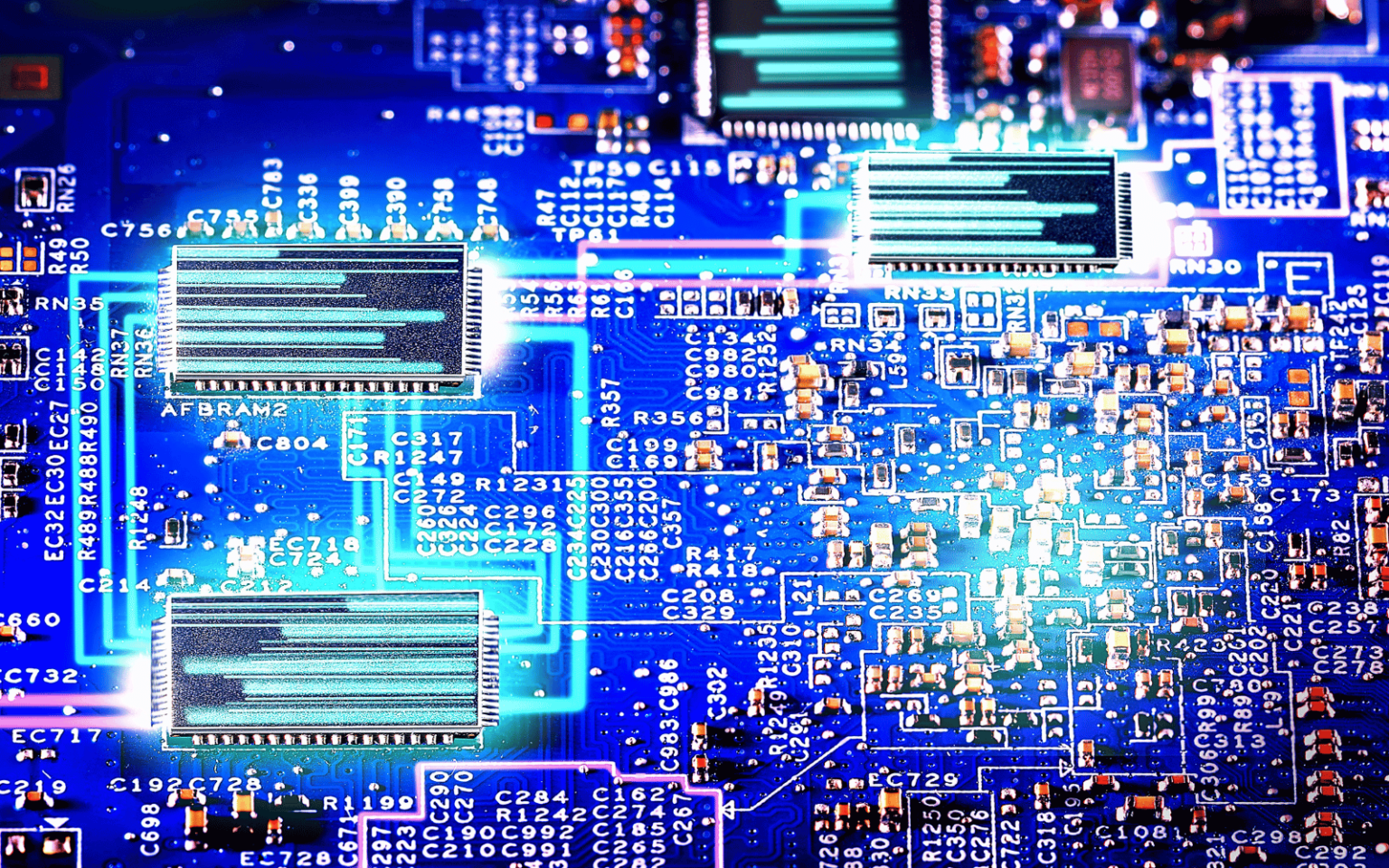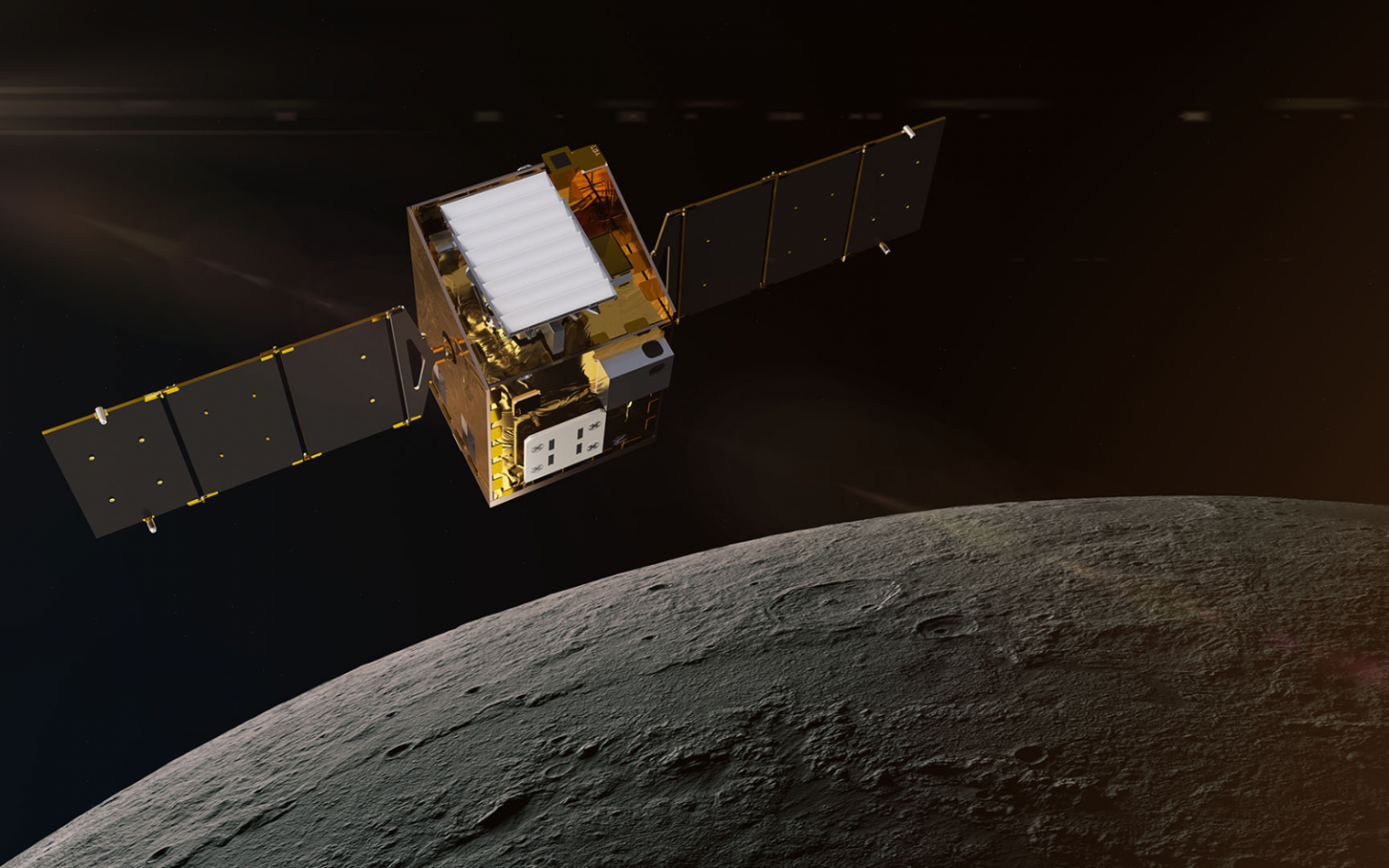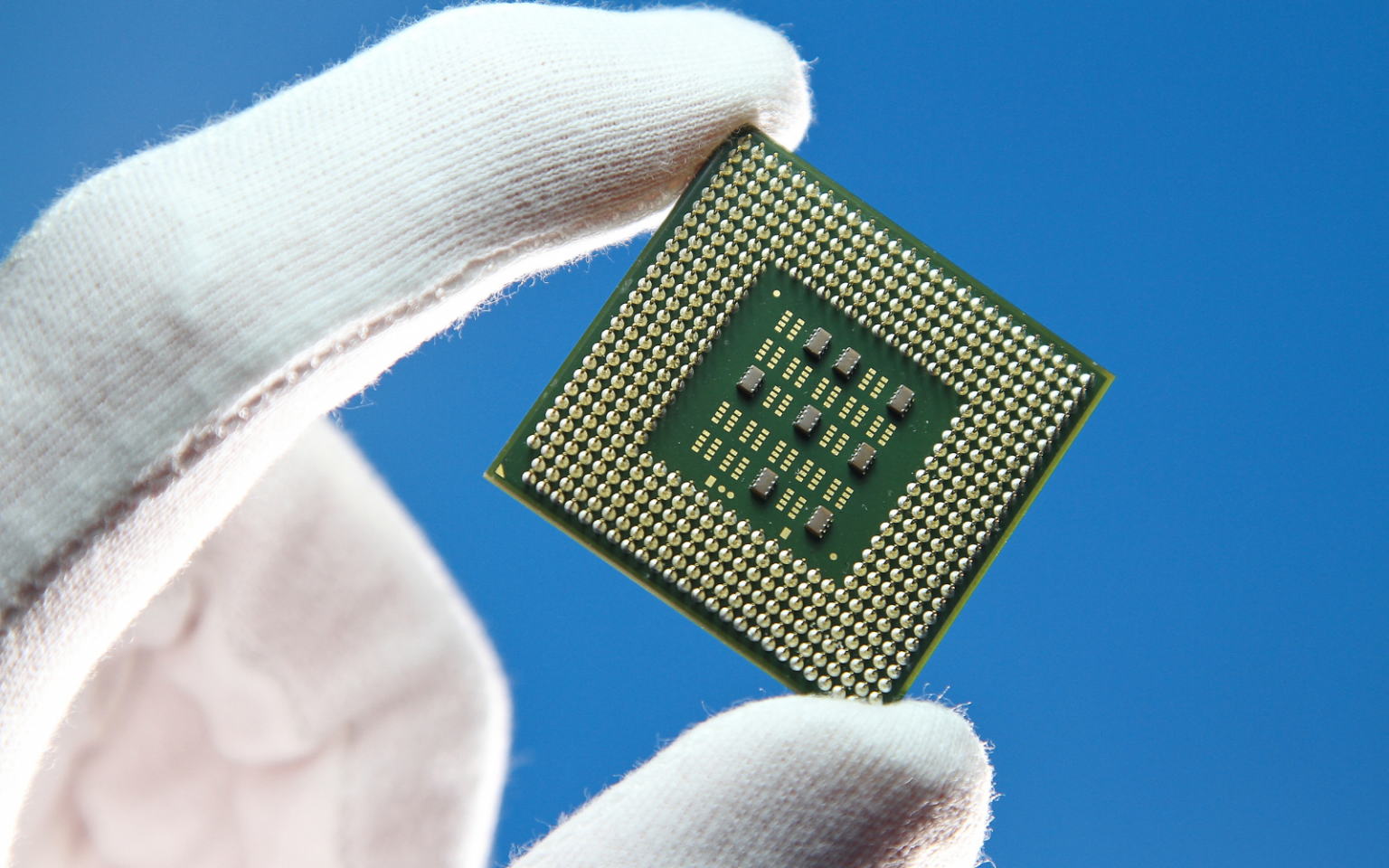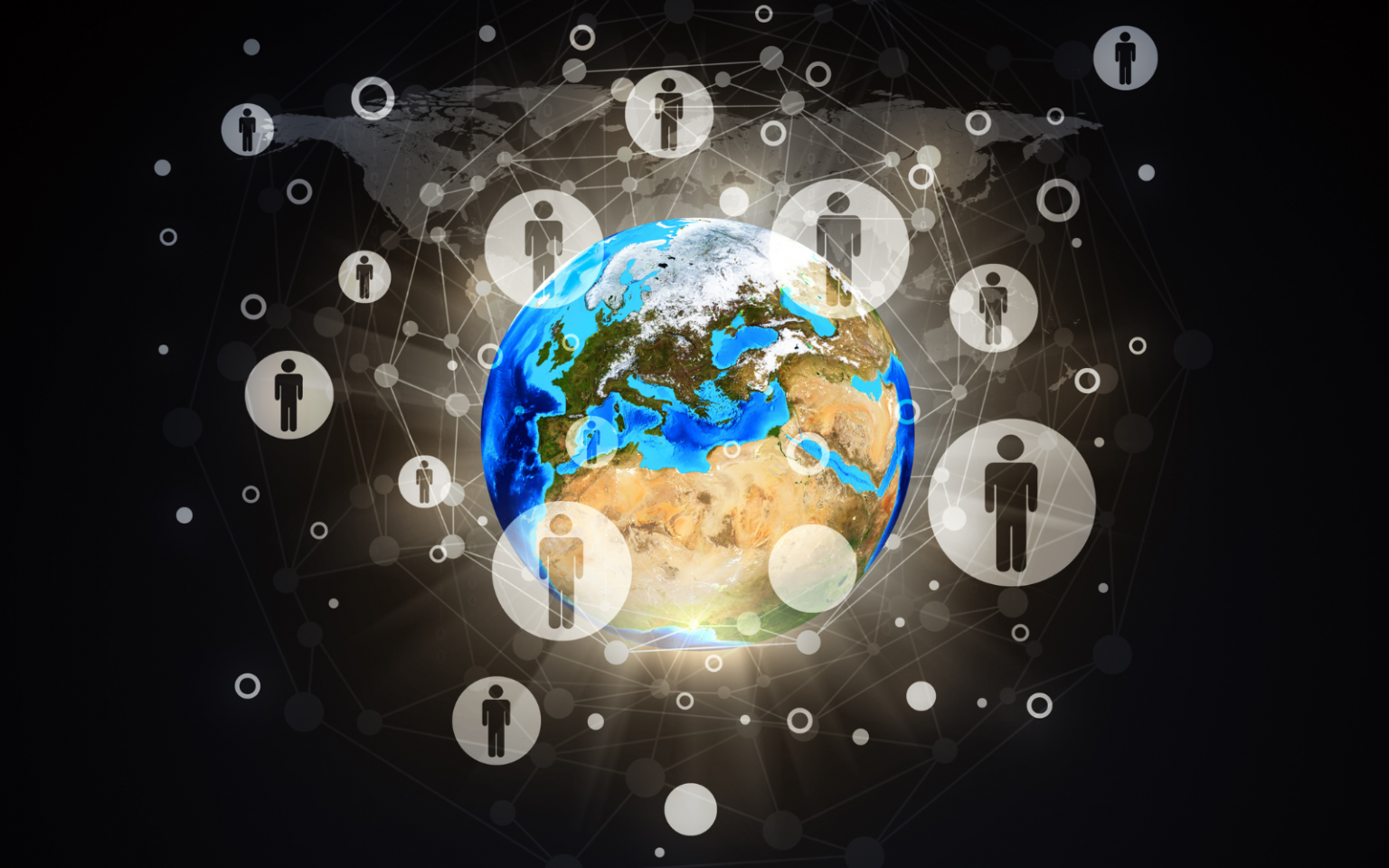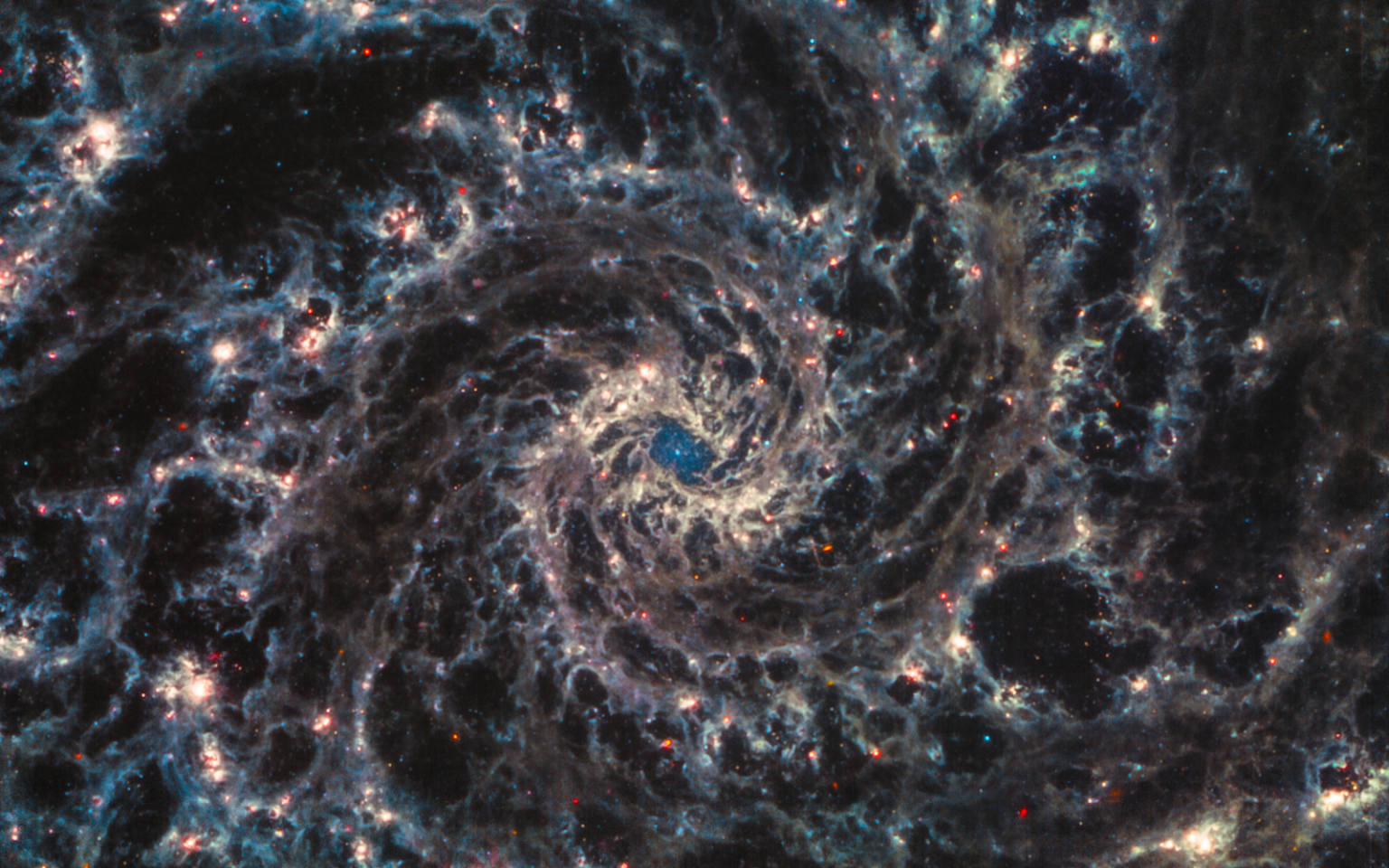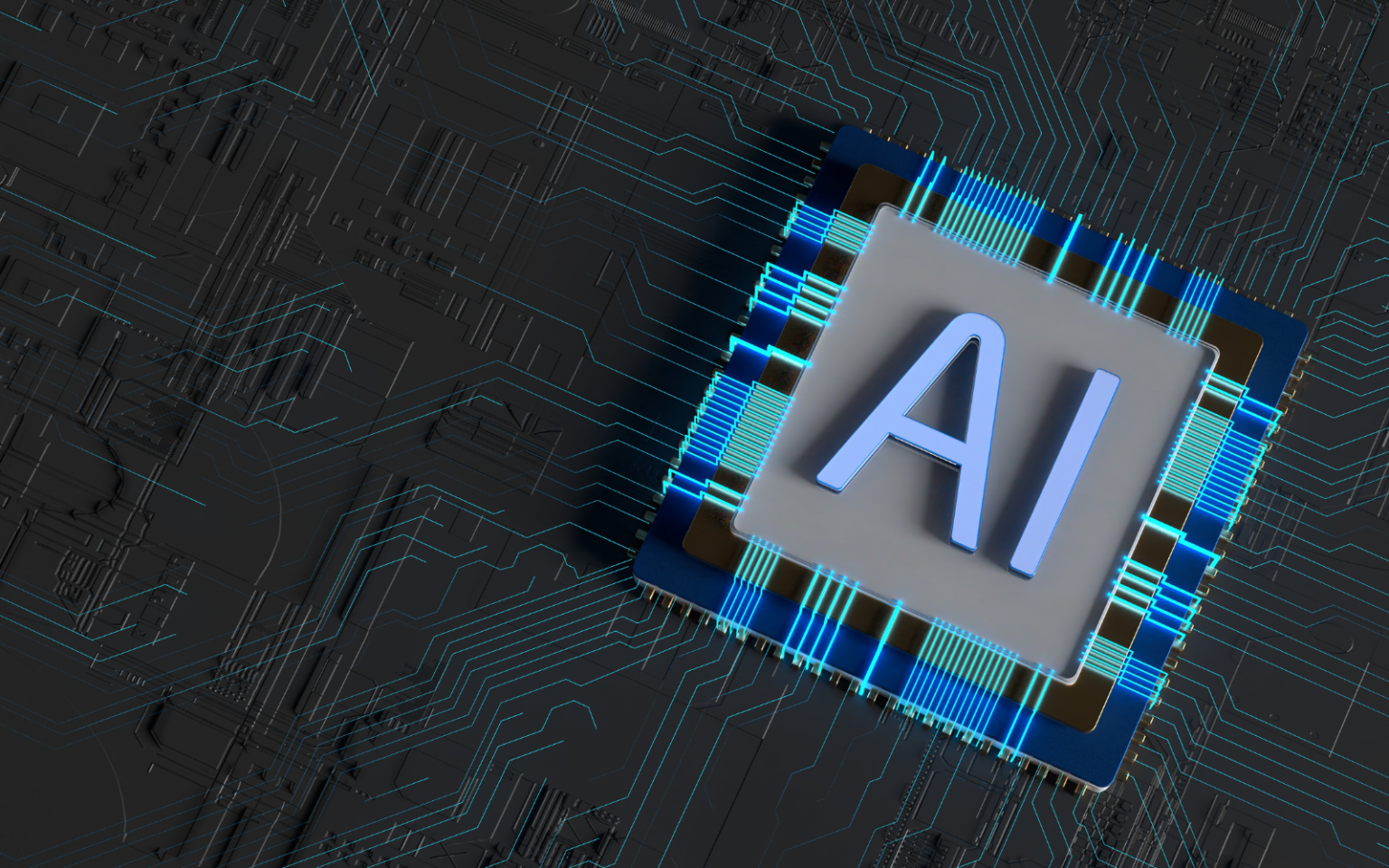Imagine attending a funeral where the person who has died speaks directly to you, answering your questions and sharing memories. This happened at the funeral of Marina Smith, a Holocaust educator who died in 2022. Thanks to an AI technology company called StoryFile, Smith seemed to interact naturally with her family and friends. The system used prerecorded answers combined with artificial intelligence to create a realistic, interactive experience. This wasn’t just a video; it was something closer to a real conversation, giving people a new way to feel connected to a loved one after they’re gone. Virtual life after death Technology has…
Author: The Conversation
Meta has announced it will abandon its fact-checking program, starting in the United States. It was aimed at preventing the spread of online lies among more than 3 billion people who use Meta’s social media platforms, including Facebook, Instagram and Threads. In a video, the company’s chief, Mark Zuckerberg, said fact-checking had led to “too much censorship”. He added it was time for Meta “to get back to our roots around free expression”, especially following the recent presidential election in the US. Zuckerberg characterised it as a “cultural tipping point, towards once again prioritising speech”. Instead of relying on professional fact checkers to moderate…
In recent years, the field of quantum computing has been experiencing fast growth, with technological advances and large-scale investments regularly making the news. The United Nations has designated 2025 as the International Year of Quantum Science and Technology. The stakes are high – having quantum computers would mean access to tremendous data processing power compared to what we have today. They won’t replace your normal computer, but having this kind of awesome computing power will provide advances in medicine, chemistry, materials science and other fields. So it’s no surprise that quantum computing is rapidly becoming a global race, and private industry and governments around the…
Data centres are the backbone of our digital infrastructure, supporting everything from social media platforms to online shopping and streaming services. With the rise of artificial intelligence (AI), cloud computing and the internet of things, the amount of data generated and processed daily is extremely large, and the demand for data centres is constantly growing. Data centres, unfortunately, are massively energy hungry – among a host of other environmental drawbacks. One possible solution is to build them in space, and several companies are working on making this a reality. So how would this work, and is it really going to…
NASA’s upcoming Artemis II mission is slated to return astronauts to the Moon no sooner than April 2026. Astronauts were last on the Moon in 1972 during the Apollo 17 mission. Artemis II will utilize NASA’s Space Launch System, which is an extremely powerful rocket that will enable human space exploration beyond Earth’s atmosphere. The crew of four will travel in an Orion spacecraft, which the agency launched around the Moon and successfully returned during the Artemis I mission. But before Artemis II, NASA will send two missions to scout the surface of the lunar south pole for resources that could sustain human space travel and…
In the grand scheme of things, 45 years is not a long time. Back in 1980, it would take me three weeks to run a computer program, written in the programming language Cobol, that worked using punched cards. Each card represented one line of code and it required multiple re-punches to correct errors. Eventually, I would have a working program that did something useful. How times have quickly changed in technology – now, my mobile phone has vast processing capability compared to the machine that processed that Cobol program. With the help of artificial intelligence (AI) tools, that same phone is…
American microchip giant Intel is looking for a new CEO following Pat Gelsinger’s shock resignation. This represents more than just a corporate shake-up. It’s the end of an era in which one company could totally control a strategically vital American technology. Under Intel’s roof is the entire process for making computer chips – from research to design to complex fabrication. For much of the late 20th century, this made the Californian company a paragon of American ingenuity. Gelsinger has been a lifer at Intel. He rose to chief technology officer in the 2000s before leaving for a decade to run Dell’s data…
Here’s one definition of science: it’s essentially an iterative process of building models with ever-greater explanatory power. A model is just an approximation or simplification of how we think the world works. In the past, these models could be very simple, as simple in fact as a mathematical formula. But over time, they have evolved and scientists have built increasingly sophisticated simulations of the world as new data has become available. A computer model of the Earth’s climate can show us temperatures will rise as we continue to release greenhouse gases into the atmosphere. Models can also predict how infectious disease will spread in…
On 25 December 2024, we witnessed the nail-biting launch of the James Webb Space Telescope (JWST) three years ago, the largest and most powerful telescope humans have ever sent into space. It took 30 years to build, but in three short years of operation, JWST has already revolutionised our view of the cosmos. It’s explored our own Solar System, studied the atmospheres of distant planets in search of signs of life and probed the farthest depths to find the very first stars and galaxies formed in the universe. Here’s what JWST has taught us about the early universe since its…
A new artificial intelligence (AI) model has just achieved human-level results on a test designed to measure “general intelligence”. On December 20, OpenAI’s o3 system scored 85% on the ARC-AGI benchmark, well above the previous AI best score of 55% and on par with the average human score. It also scored well on a very difficult mathematics test. Creating artificial general intelligence, or AGI, is the stated goal of all the major AI research labs. At first glance, OpenAI appears to have at least made a significant step towards this goal. While scepticism remains, many AI researchers and developers feel something just changed.…

